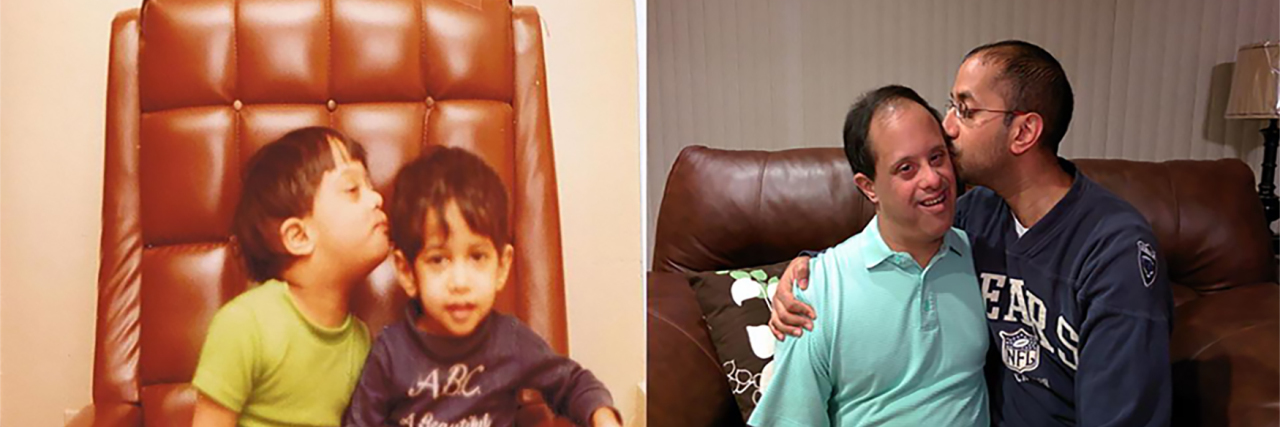The moment is coming, and I can almost palpably feel it. I’ve spent the last many minutes doing my “doctor stuff” — obtaining and confirming all the pertinent medical details, assessing the baby’s development, getting a sense of any family medical history, etc. I’ve just examined the cute little baby with Down syndrome in front of me, and probably spent far too much time embarrassing myself while having cooing conversations with her!
I’ve given her back to her parents who, despite seeing how strange this “baby-loving” doctor has been with their child, have continued to be so stoic. Although the baby is only 2 months old, I’m struck by how these parents are already so good at maintaining a safe distance from me as the doctor. I remind myself that intuitively this makes perfect sense. They’ve primarily had experiences with medical providers up to this point who have likely been focused on all the things that their baby “will never do.” They’ve heard about all the “pain and the struggles” from the doctors and the nurses up to his point.
Meanwhile, their little baby is thriving — eating, growing, and soiling diapers just like every other baby! Yet, in this moment, I can tell that they are just waiting for me to also follow down the already well-worn path of giving them a string of new negative information.
It’s as if they have trained themselves not to let their guard down and be hurt again by the words and actions of the prior medical providers. So I gently walk with them down another path . . .
I start off by telling them about our Down Syndrome Center at UPMC Children’s Hospital of Pittsburgh. I explain how the Center was created by families who, just like them, recognized the need for specialized care for their children with Down syndrome. They organized into what eventually became known as the Down Syndrome Association of Pittsburgh and did the early fundraising to create the Center from the ground up. I tell them that we will be celebrating the 30th birthday of the Down Syndrome Center in 2019 and that the Center has been supported each year by ongoing philanthropy from the original parent group, but also many other donors that have joined on since then. I then tell them that what I’ve just told them is only the “what” of the Center, but the “why” is so much more powerful!
And in this truly precious moment, I can sense the walls start to crumble between me and them. This is my favorite part of my first visit with a family, and the time I’ve been waiting for since I first walked into this room. Because this is the time where I begin to share with them about my brother, Das, who has Down syndrome, but his impact has always been so much more than a diagnosis!
As best I can, and with tears threatening to well in my own eyes, I explain that he has meant everything to me in my life. I tell them that my decision to go into medicine . . . to become a pediatrician . . . to direct a Down Syndrome Center . . . all of it comes out of unquenchable desire to give back to Das because of how much he has given me.
I invite them into my vision of the scene of my own parents over 40 years ago, sitting across from doctors, and hearing so much negative information with little to no support. I share with them that I have committed my life and career so that no parent ever needs to feel alone, ashamed or scared when they are a part of our Center. In fact, I welcome them as new members of an exclusive club of families who have a loved one with Down syndrome. And in this tight-knit community, they can always find a new hope in the early days that can sometimes feel hopeless.
There are many times when I have medical students or pediatric residents with me in my clinic. When they witness the power of a personal connection with a family, I pray that it gives them insight into what their future patients and the parents will want from them. I want them to see that a family receiving an unexpected diagnosis doesn’t need to be given yet another series of negative comments coming from yet another provider. What they need is to be given permission to hope, to feel welcomed, and to truly appreciate the beautiful new family member before them.

